The Employee Share Scheme (ESS) reporting season is upon us! If you’re a Founder, CFO, Finance Manager, or HR professional, you know that preparing ESS is an important, albeit tedious annual requirement.
We get it, digging through options, vesting schedules, and exercise details to compile accurate tax reports for your Employee Share Scheme (ESS) can be daunting. As always, here at Cake, we like to simplify complex equity-related processes so that you have more time for the parts of the job that you actually enjoy.
With the right tools and preparation, you can be in and out of this tax season without breaking a sweat!
Employee Share Scheme reporting
First things first, Employee Share Schemes are a way for startups and high-growth companies to offer employees a stake in the company’s success, or as we like to say, a slice of the cake. But as with any equity compensation program, ESS comes with legal and tax obligations.
ESS reporting is mandated by the Australian Taxation Office (ATO) for companies offering employee share schemes. It serves the following purposes:
- Compliance with tax laws. Simply put, filing an ESS report at the end of the tax year is a legal requirement. Ensuring compliance helps avoid penalties and audits from the ATO.
- Transparency for employees. Providing clear and accurate ESS statements helps employees understand their tax obligations and the value of their ESS interests.
For the above reasons, ESS statements must be filed carefully and accurately.
There are two important ESS documents that employers have to prepare:
What is an ESS Statement?
This is an annual tax statement that is given to individual employees. It contains details of the shares, rights, or options provided during the tax year, along with an estimate of the taxable amount related to these benefits.
The ESS Statements have to be provided to eligible employees by July 14 after the end of the financial year.
These days most of you might be submitting these through your tax portals or relevant accounting software.
For smaller companies with only a handful of employees, preparing ESS statements for each employee might be a lot simpler. However, for bigger companies, you can imagine this process to be more complex and time-consuming!
This article is designed and intended to provide general information in summary form on general topics. The material may not apply to all jurisdictions. The contents do not constitute legal, financial or tax advice. The contents is not intended to be a substitute for such advice and should not be relied upon as such. If you would like to chat with a lawyer, please get in touch and we can introduce you to one of our very friendly legal partners.






-min.png)




